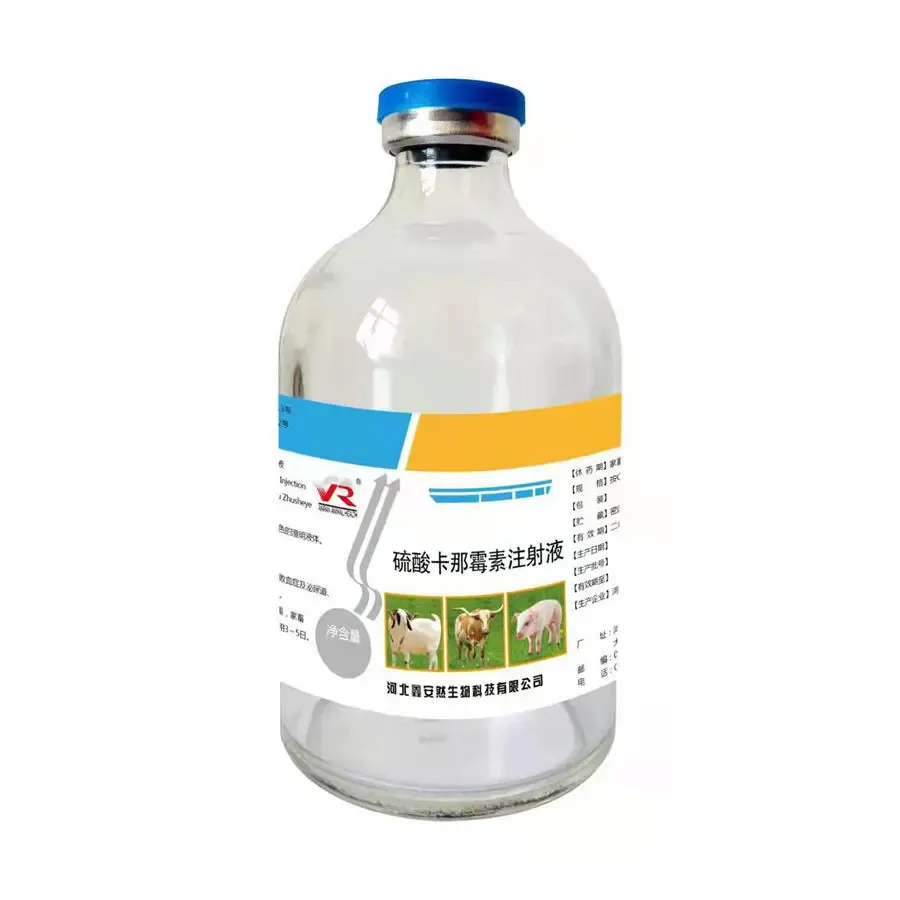- Afrikaans
- Albanian
- Amharic
- Arabic
- Armenian
- Azerbaijani
- Basque
- Belarusian
- Bengali
- Bosnian
- Bulgarian
- Catalan
- Cebuano
- Corsican
- Croatian
- Czech
- Danish
- Dutch
- English
- Esperanto
- Estonian
- Finnish
- French
- Frisian
- Galician
- Georgian
- German
- Greek
- Gujarati
- Haitian Creole
- hausa
- hawaiian
- Hebrew
- Hindi
- Miao
- Hungarian
- Icelandic
- igbo
- Indonesian
- irish
- Italian
- Japanese
- Javanese
- Kannada
- kazakh
- Khmer
- Rwandese
- Korean
- Kurdish
- Kyrgyz
- Lao
- Latin
- Latvian
- Lithuanian
- Luxembourgish
- Macedonian
- Malgashi
- Malay
- Malayalam
- Maltese
- Maori
- Marathi
- Mongolian
- Myanmar
- Nepali
- Norwegian
- Norwegian
- Occitan
- Pashto
- Persian
- Polish
- Portuguese
- Punjabi
- Romanian
- Russian
- Samoan
- Scottish Gaelic
- Serbian
- Sesotho
- Shona
- Sindhi
- Sinhala
- Slovak
- Slovenian
- Somali
- Spanish
- Sundanese
- Swahili
- Swedish
- Tagalog
- Tajik
- Tamil
- Tatar
- Telugu
- Thai
- Turkish
- Turkmen
- Ukrainian
- Urdu
- Uighur
- Uzbek
- Vietnamese
- Welsh
- Bantu
- Yiddish
- Yoruba
- Zulu
10 月 . 17, 2024 04:52 Back to list
colistin sulfate salt
Colistin sulfate salt, commonly known as colistin, is a polypeptide antibiotic that has gained significant attention in recent years, particularly in the context of antibiotic-resistant bacterial infections. Originally derived from the bacterium *Bacillus polymyxa*, colistin was developed in the 1950s as a treatment for gram-negative bacterial infections. Its usage, however, declined with the advent of newer antibiotics that had fewer side effects. Recently, the resurgence of colistin in clinical practice has been sparked by the alarming rise of multidrug-resistant (MDR) pathogens.
Colistin sulfate salt works by disrupting the integrity of bacterial cell membranes, leading to cell death. It is particularly effective against highly resistant pathogens like *Escherichia coli*, *Klebsiella pneumoniae*, and *Pseudomonas aeruginosa*. These organisms are notorious for causing severe infections in immunocompromised patients, making colistin a critical option when other antibiotics fail.
The reintroduction of colistin into therapeutic regimens is not without controversy. Its nephrotoxicity and neurotoxicity are significant concerns. Patients receiving colistin may experience adverse effects such as kidney damage, which complicates its use, especially in those with pre-existing renal conditions. As a result, clinicians often recommend renal function monitoring for patients treated with colistin and may consider alternative therapies when feasible.
colistin sulfate salt

In addition to its clinical implications, colistin sulfate salt is also used in veterinary medicine, particularly in livestock to prevent infections and promote growth. This use has contributed to the emergence of colistin-resistant bacteria, further complicating the global battle against antibiotic resistance. The overlap between human and veterinary medicine underscores the urgent need for strict regulations on antibiotic use in agriculture to mitigate this risk.
Public health bodies, including the World Health Organization (WHO), have highlighted the importance of conserving the effectiveness of existing antibiotics, emphasizing the responsible use of colistin. Efforts to monitor antibiotic resistance patterns and develop new therapeutic strategies are ongoing. Research into alternative agents, combination therapies, and novel drug delivery systems is critical to counteracting the threat posed by resistant organisms.
In conclusion, while colistin sulfate salt remains a vital tool in the fight against antibiotic-resistant infections, its revival in modern medicine poses significant challenges. Balancing its efficacy with safety concerns and the broader implications of antibiotic resistance will require ongoing vigilance, innovation, and collaboration across medical and veterinary fields. As we navigate this complex landscape, the ultimate goal is to preserve colistin's effectiveness for future generations, ensuring that we have the necessary tools to combat infectious diseases without compromising the health of our communities. The dialogue surrounding colistin is a reminder of the broader issue of responsible antibiotic stewardship that must remain at the forefront of public health initiatives globally.
-
The Power of Radix Isatidis Extract for Your Health and Wellness
NewsOct.29,2024
-
Neomycin Sulfate Soluble Powder: A Versatile Solution for Pet Health
NewsOct.29,2024
-
Lincomycin Hydrochloride Soluble Powder – The Essential Solution
NewsOct.29,2024
-
Garamycin Gentamicin Sulfate for Effective Infection Control
NewsOct.29,2024
-
Doxycycline Hyclate Soluble Powder: Your Antibiotic Needs
NewsOct.29,2024
-
Tilmicosin Premix: The Ultimate Solution for Poultry Health
NewsOct.29,2024













